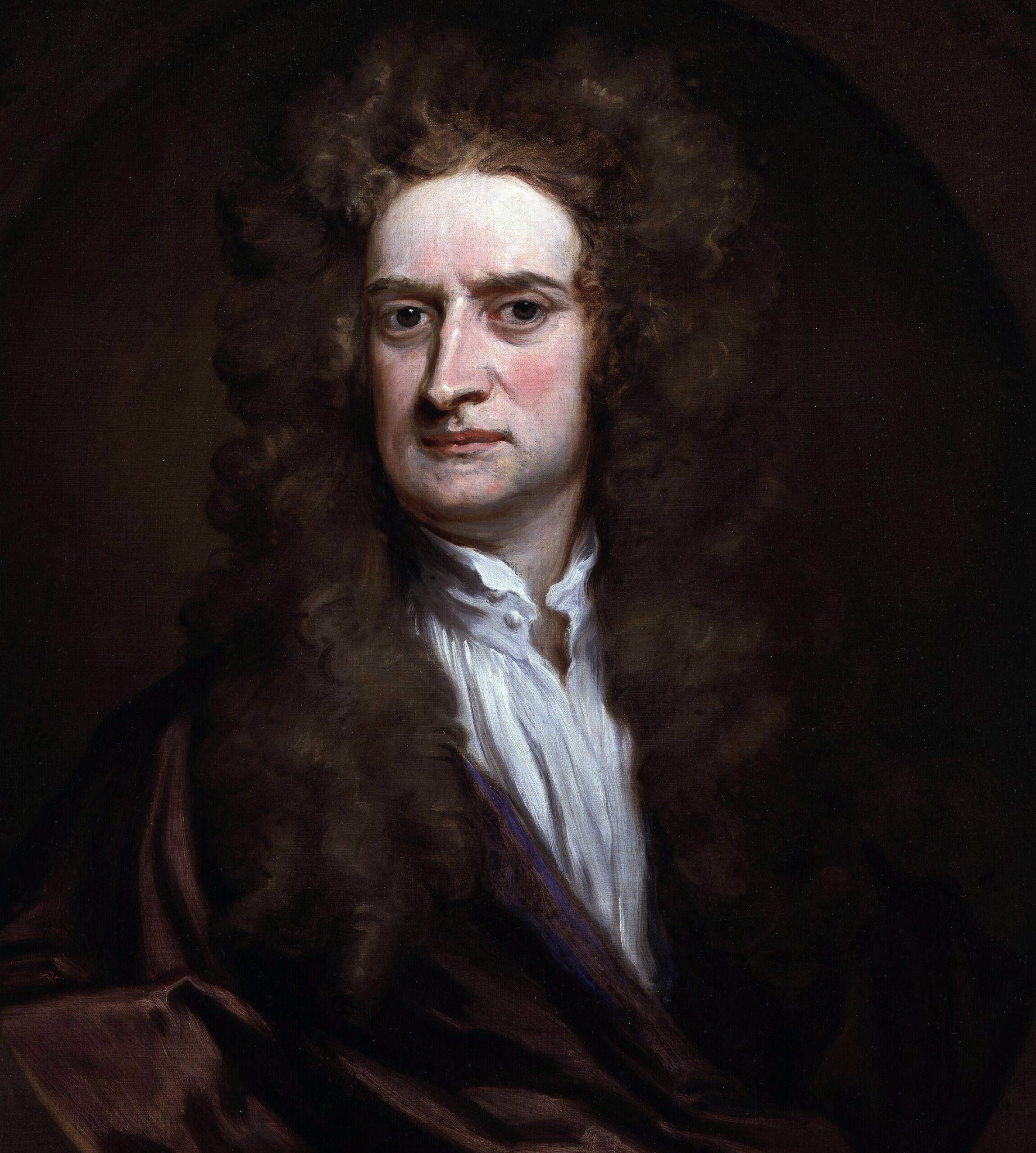Introduction to Isaac Newton’s Strange Side
History for weirdos isaac newton:Sir Isaac Newton is often remembered as the father of classical physics, laying the foundation for much of modern science. While his scientific achievements are widely celebrated, Newton’s life was full of oddities. From his fascination with alchemy to his strange health habits, Newton was far from the typical scientist. To understand the full picture of Newton, we need to explore these lesser-known aspects of his life.
Newton’s Obsession with Alchemy
Alchemy in the 17th Century
In Newton’s time, alchemy was considered a respected field of study. Many believed that alchemists could transform base metals into gold or discover the “philosopher’s stone,” a substance that could grant immortality. Although alchemy is now seen as pseudoscience, it played a significant role in the development of modern chemistry.
Newton’s Involvement and Experiments
Newton became deeply involved in alchemical studies, conducting experiments and writing extensive notes on the subject. He even invested time and money to gather rare alchemical texts. Newton’s notebooks contain many references to alchemical symbols, recipes, and experiments, indicating that he took alchemy seriously and saw it as a legitimate scientific pursuit.
Strange Beliefs Related to Alchemy
Newton believed that alchemy held the keys to uncovering hidden truths about nature and the universe. He devoted years to deciphering alchemical symbols and trying to unlock the secrets they held. His obsession with alchemy was so intense that he rarely shared his findings, possibly fearing that others would misuse them.
Isaac Newton and Secret Codes
His Fascination with Secret Knowledge
Newton wasn’t only interested in alchemy; he was also fascinated by hidden codes and secret messages. He spent years studying the Bible, convinced that it contained hidden meanings that would reveal the secrets of the universe.
Decoding Religious Texts and Prophecies
Newton believed that the Bible held hidden prophecies about the end of the world. He poured over religious texts, attempting to decode these prophecies using mathematical formulas. His work included calculating timelines and searching for references to historical events, which he believed could pinpoint when the world would end.
Newton’s Apocalyptic Predictions
One of Newton’s more bizarre pursuits was predicting the apocalypse. He used his interpretations of biblical texts to calculate that the world would end sometime in the year 2060. Although this prediction is not taken seriously, it reveals Newton’s unusual interest in religious prophecy.
Newton’s Weird Health Habits
Unusual Diets and Sleep Patterns
Newton had an unusual approach to health and wellness. He reportedly fasted frequently and sometimes went days without eating or sleeping while he was deep in study. His long periods of concentration, combined with erratic eating and sleeping habits, may have contributed to some of his more eccentric behaviors.
Experiments on Himself
Newton was known to conduct experiments on his own body. One of the most famous examples is when he stared directly at the sun for as long as he could to study how light affected his vision. He also inserted a blunt needle into his eye socket, between his eye and the bone, to understand how the eye perceives light and color.
His Fear of Bathing
Despite his scientific pursuits, Newton had a strong aversion to bathing. Like many people in his time, he believed that bathing could lead to illness. Consequently, he avoided washing as much as possible, which would certainly be considered peculiar by today’s standards.
Isolation and Personality Quirks
Newton’s Solitary Nature
Newton was notoriously reclusive and preferred to work alone. He avoided social gatherings and was known to be secretive about his research. This solitude allowed him to focus intensely on his work but also led to strained relationships with other scientists.
Feuds with Other Scientists
Newton’s personality was prickly, and he had ongoing conflicts with other notable scientists. He famously clashed with Robert Hooke and later engaged in a bitter feud with German mathematician Gottfried Wilhelm Leibniz over the invention of calculus. Newton was known to hold grudges and went to great lengths to discredit his rivals.
Quirky Personality Traits
Newton’s reclusive nature and fierce rivalries are only part of his peculiar personality. He was known for being highly obsessive, spending days and nights immersed in his studies. Newton’s meticulous note-taking often led him to obsess over details that others found trivial, which added to his reputation as an eccentric.
Newton’s Theological Beliefs
His Intense Study of the Bible
Newton’s religious beliefs were a significant part of his life. He spent more time studying religious texts than he did on scientific pursuits. Newton believed that God’s laws governed both the spiritual and natural worlds, and he devoted a large portion of his life to understanding these laws.
Non-Traditional Religious Views
Despite his devout beliefs, Newton held some unconventional views. He rejected the concept of the Holy Trinity, which was a controversial stance in his time. His writings reveal that he believed in a more personal understanding of God, which may have influenced his solitary nature.
How Theology Influenced His Scientific Work
Newton’s theological beliefs influenced his scientific endeavors. He saw his studies as a way to understand God’s design and viewed his work as revealing divine truths. This perspective drove his passion for both science and theology, merging his spiritual and intellectual pursuits.
Conclusion
Isaac Newton’s eccentricities remind us that genius often comes with a unique set of quirks. While he is primarily remembered for his scientific achievements, his fascination with alchemy, secret codes, and religious prophecy paints a picture of a man driven by curiosity and wonder. These unusual interests shaped his life and work, providing a glimpse into the mind of one of history’s most influential figures.

Leave a Reply